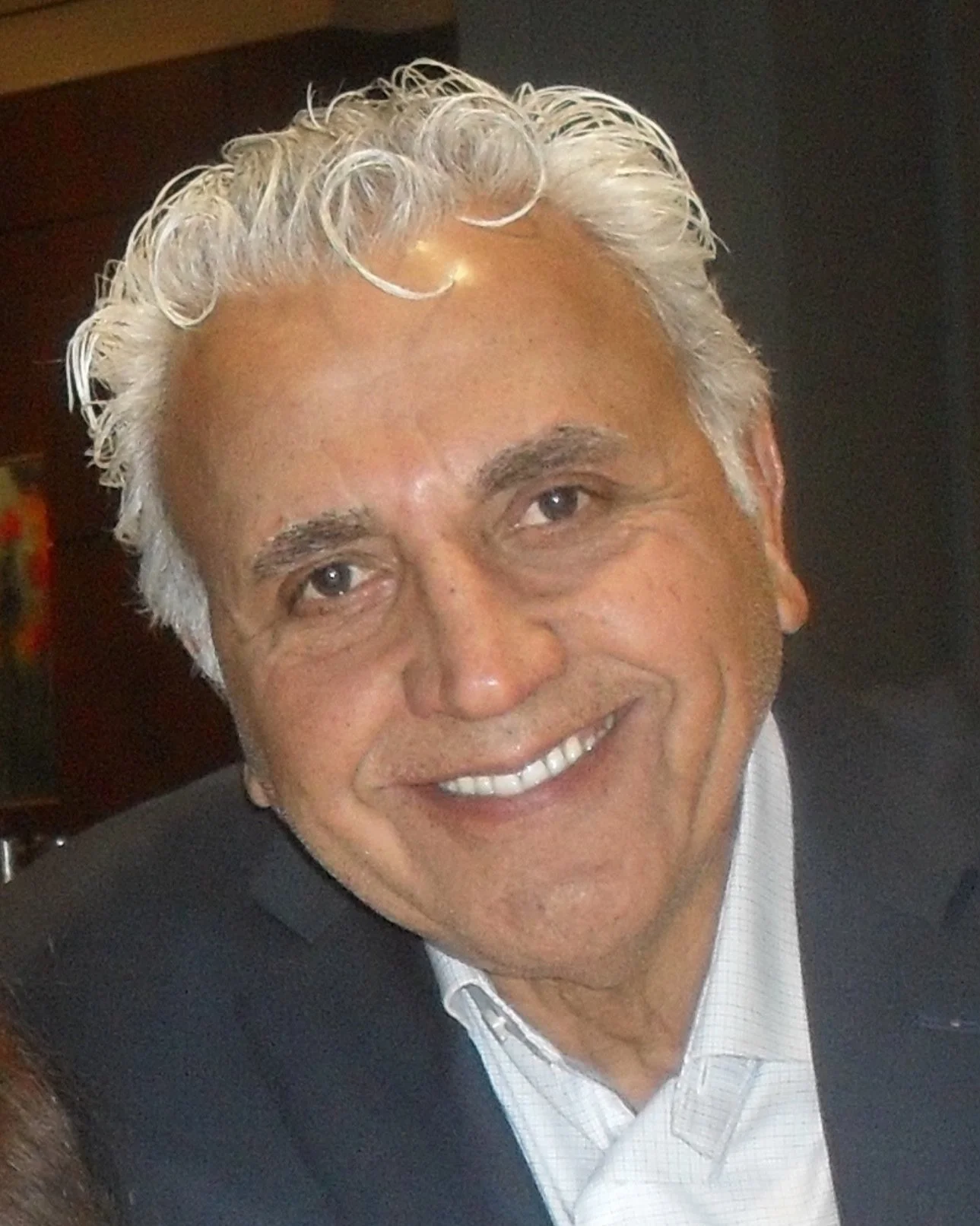There has been a surge of commentary about the H-1B program lately. Much of it, in my view having worked in this field for over 30 years, is misguided. Too often, the debate assumes that H-1B professionals threaten the U.S. workforce. In reality, the program brings in only about 85,000 highly educated professional workers in specialty occupations a year—an insignificant number in a labor force of nearly 180 million. The real benefits of the program show up over time. Many H-1B recipients, even those who start in entry-level roles, are among the top talent in their home countries.
Read MoreOne of the great privileges of my work with the Iraqi Embassy over the years has been meeting and collaborating with remarkable Iraqi diplomats who have become brothers to me—as we call one another. Recently, Iraq’s Parliament approved a long-delayed slate of new ambassadors, and I was thrilled to see at least five of these colleagues elevated to the rank of ambassador.
Read MoreThe treatment of immigrants in the United States, whether legal or illegal, has become increasingly harsh. Policies have shifted from being pragmatic to punitive. There is an effort to dehumanize the undocumented. This cruelty carries negative consequences not only for immigrants, but also for their children, spouses, our society and ultimately, the moral and economic fabric of our nation.
Read MoreThere is a persistent misconception that sanctuary cities allow “criminal illegal aliens” to roam freely and hide after committing crimes. Basic logic suggests this is not the case — regardless of party affiliation, elected officials generally care about the public and work to protect it.
Read MoreMany years ago, during one of my visits to Telkaif, I came across a small, weathered stone structure—no more than 100 square feet in size—about a mile east of the village.
Read MoreThroughout history, leaders have often turned to a familiar tactic during times of political tension: the scapegoat. By channeling public frustration toward a specific group or class, politicians can deflect attention from complex problems and avoid offering real solutions. This pattern continues in modern American politics across the ideological spectrum.
Read MoreMany online commentators label undocumented immigrants as “criminals.” To them, the label alone seems enough to pass judgment and shut down empathy. Phrases like “What part of illegal do you not understand?” are used to justify a hardline stance. Perhaps it’s a way to ease their conscience—convincing themselves that the “other side” is too morally flawed to deserve humane treatment.
Read MoreDuring our diplomatic visit to Iraq, led by the president of the Chaldean Chamber of Commerce and Chaldean Foundation, Mr. Martin Manna, I made a personal decision—I would not leave Baghdad without visiting my mother’s gravesite. On February 24, our final day in Baghdad, I excused myself after our last scheduled meeting at around 4 o’clock and visited the Christian cemetery near Sahat al-Tayran, just behind the famous Freedom Monument (Nasib Al-Hurriya) in the heart of the city.
Read More
